Microsoft's restructuring of their phone business was necessary, obvious, and good for Lumia
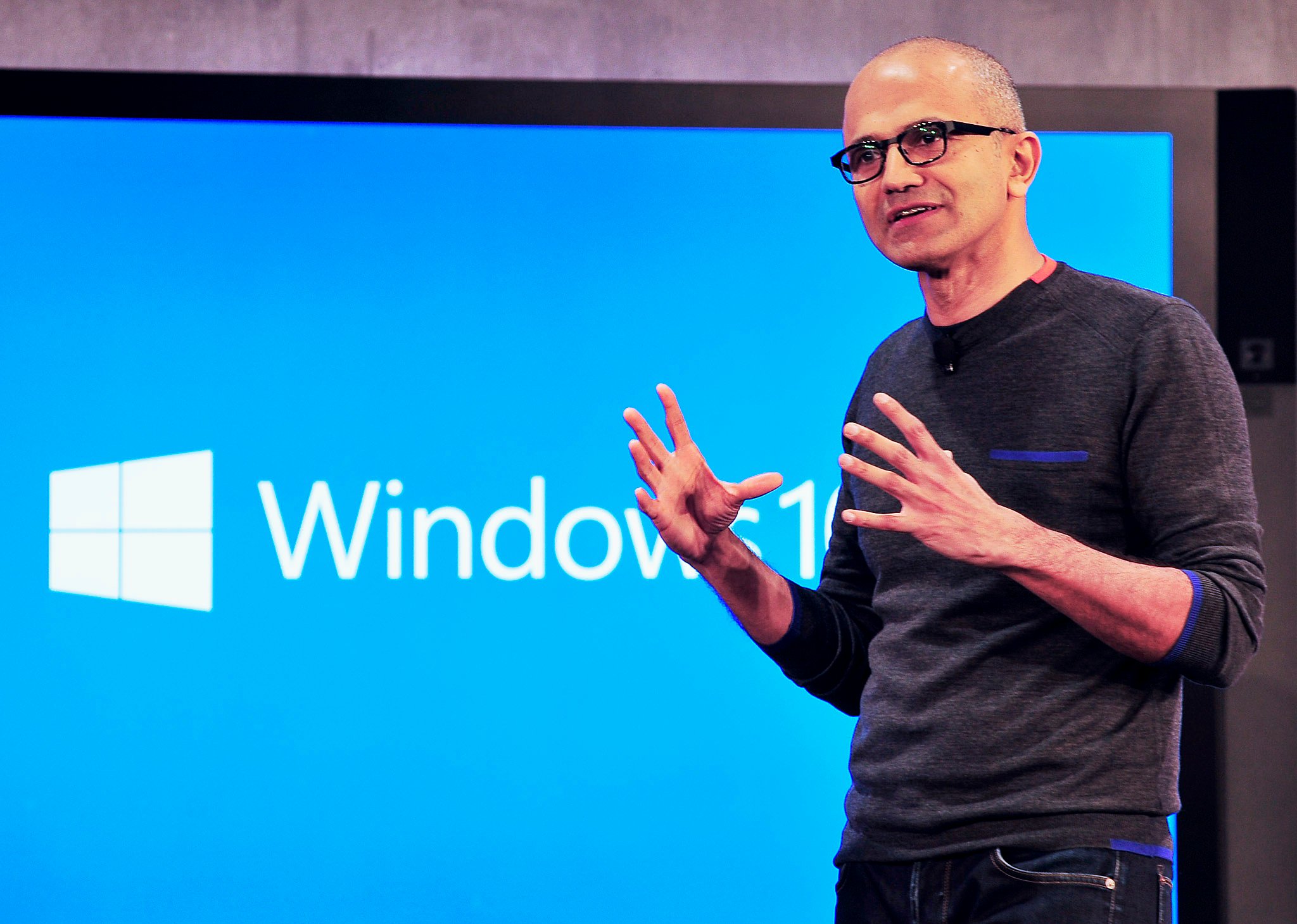
This morning, Microsoft announced that 7,800 employees, mostly in the phone division, will be let go from the company. Moreover, they are taking a $7.6 billion write-down of the company's acquisition of Nokia's Devices and Services division from 2014. Putting aside the sad fact that nearly 8,000 talented people are being let go very soon, the rumor of a write-down had been circulating since Microsoft's last investor meeting and is not a surprise.
There is no real positive way to spin the write-down news, but it is also not unheard of in business. Nor is it clear what the alternative to buying Nokia at the time would have been.
Nokia was already in dire straits, and their board was getting itchy for alternatives. Had Nokia decided to jump all-in on Android devices – or worse – sold to a competitor, neither would have been good for Microsoft and their Windows Phone story. Since Nokia Lumia phones account for 97 percent of all Windows Phones out there, Microsoft had a gun to their head. What would have happened if Nokia fell into Samsung, LG, or even HTC's hands?
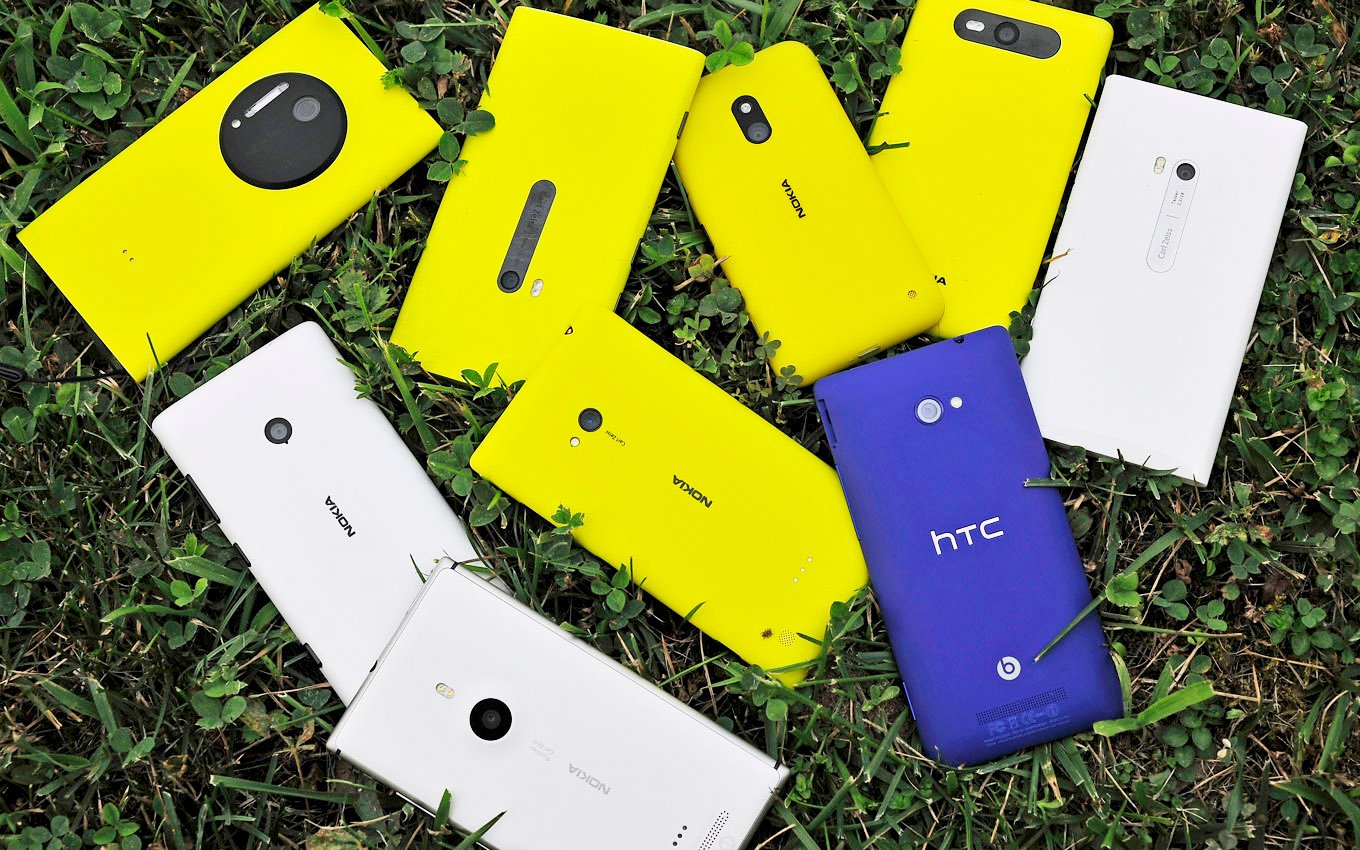
Microsoft is not Nokia
The big take away from Nadella's letter this morning is summed up in one quote:
"We are moving from a strategy to grow a standalone phone business to a strategy to grow and create a vibrant Windows ecosystem that includes our first-party device family."
I mentioned exactly this point in my last screed about how Microsoft needs to cut back on its Lumia portfolio. The reasons for the reduction should be obvious: There are just too many Lumias with overlapping features and price points.
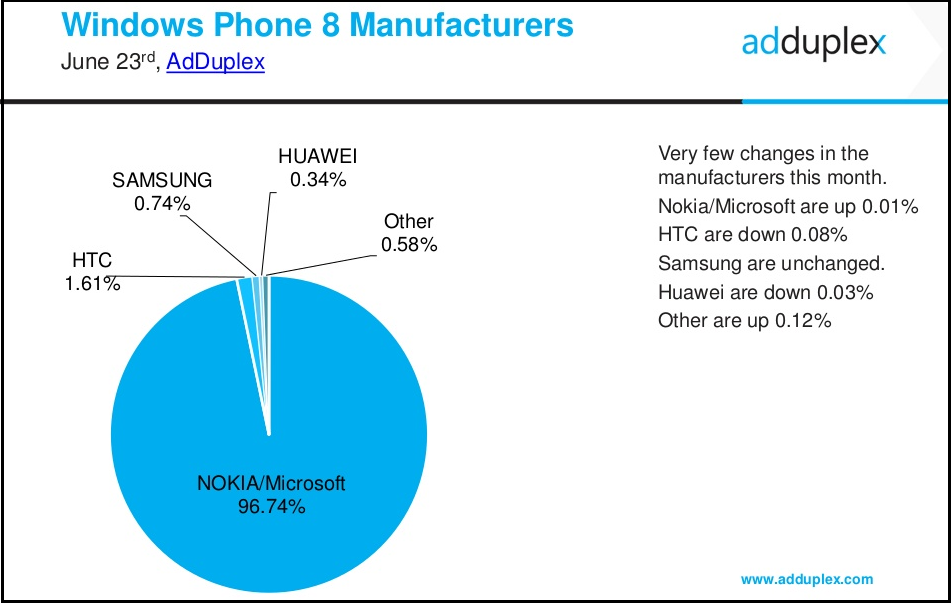
Microsoft cannot control 97 percent of the Windows Phone market and expect their OEM partners like Samsung to want to make Windows Phones
That last point is what Nadella is referring to when he states Microsoft is changing from a "standalone phone business to a strategy".
Get the Windows Central Newsletter
All the latest news, reviews, and guides for Windows and Xbox diehards.
Nokia had one mission: create the best Windows Phones on the market and outcompete Samsung, LG, HTC and others. They were wildly successful. Samsung went from the top Windows Phone device maker to a distant second within just a few quarters, and HTC dropped from 8 percent Windows Phone shipments to less than 5 percent back in 2013. HTC now ships less than one percent of all Windows Phones. Companies like LG gave up on Windows Phone, only to tepidly return to Verizon with a single lower mid-range device, the LG Lancet.
However, Microsoft is not Nokia. Nadella does not want the company to own the Windows Phone market. The reasons should be obvious: Microsoft does not control any hardware market. Microsoft could develop and sell a whole line of "Surface" PCs from laptops to desktops to small tablets. Instead, they purposely limit what they offer ensuring to not offend their hardware partners.
Even that limited-engagement strategy worried companies back when the Surface was first announced. Since then, companies like Lenovo, Dell, and HP have made some of their best products yet. Even more interesting is how Microsoft is lending engineering assistance to those firms.
Owning the whole Windows Phone hardware chain is not Microsoft's intention, nor should it. Creating so many Lumias models on a regular basis is just something Microsoft is not set on doing.
So what is Microsoft's stratagem? To again quote Nadella from today:
"In the near term, we will run a more effective phone portfolio, with better products and speed to market given the recently formed Windows and Devices Group. We plan to narrow our focus to three customer segments where we can make unique contributions and where we can differentiate through the combination of our hardware and software."
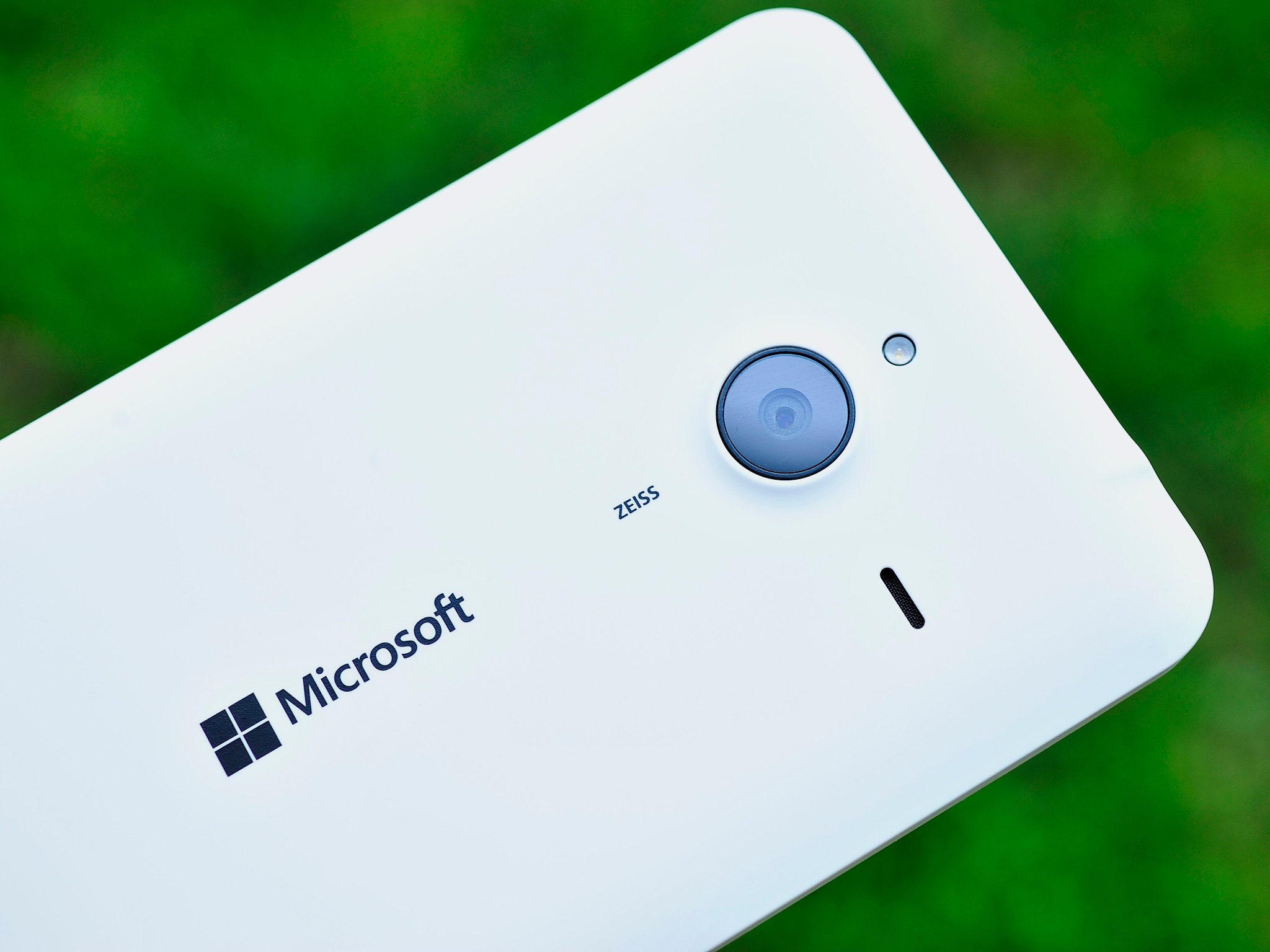
Focus on your strengths
Despite all the terrible and uninformed articles written in the last weeks of June, Microsoft is not "dumping" Windows Phone, selling off their Lumia hardware division, nor switching to Android. Of course, the damage is done with many laypeople now believing such tripe.
However, Nadella did emphasize that Microsoft was committed to their "first-party devices including phones". This change is so they can shift from a standalone phone business model to a "strategy to grow and create a vibrant Windows ecosystem that includes our first-party device family".
More importantly, Nadella defined three areas in which Microsoft will build Windows Phones:
- Business hardware
- Value phone buyers
- Flagship devices
I am not sure what part of that we are supposed to read as bad or how those in the press can spin this as nothing more than a profound decision.
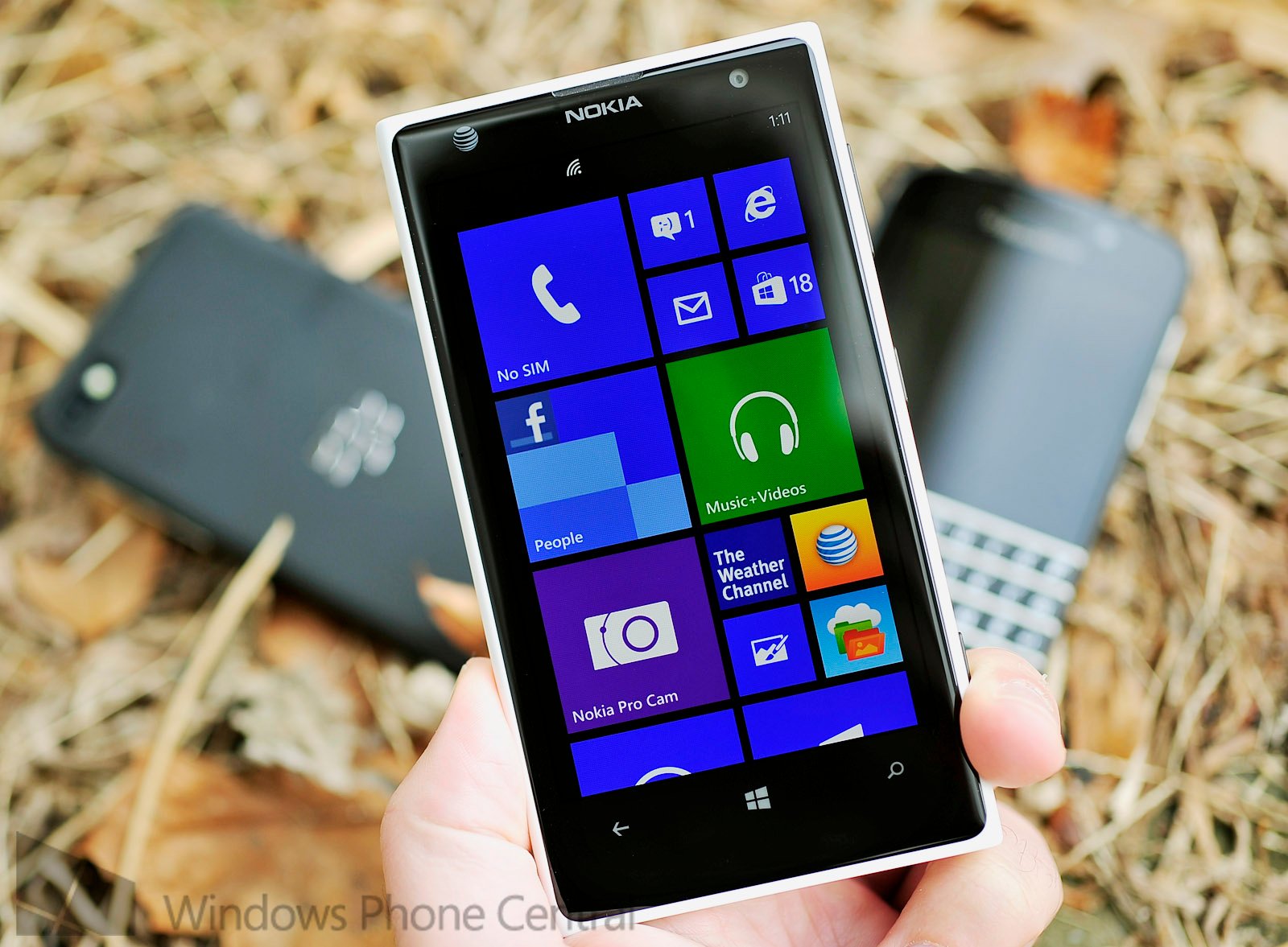
Bring back enterprise
For one, business is obvious. Enterprise is Microsoft's bread and butter, and you can make a very strong argument that enterprise functionality has been sidelined too long on Windows Phone. This is an ironic position for Microsoft as Windows Mobile once was the major competitor to BlackBerry in the business market. Now, Windows Phone is often a second-class citizen due to the non-leveraging of Microsoft's enterprise services and the rise of Bring your own device (BYOD) and the iPhone at work.
The idea that Microsoft is going to focus on this area for hardware differentiation in their Lumia line is fantastic. Maybe we will see Microsoft finally use some of those funky keyboard patents? BlackBerry brought back the 'Classic', so why not do something similar for businesses? What other company is purposefully targeting enterprise with such specific hardware and software?
I see an opportunity here and finally so does Microsoft.
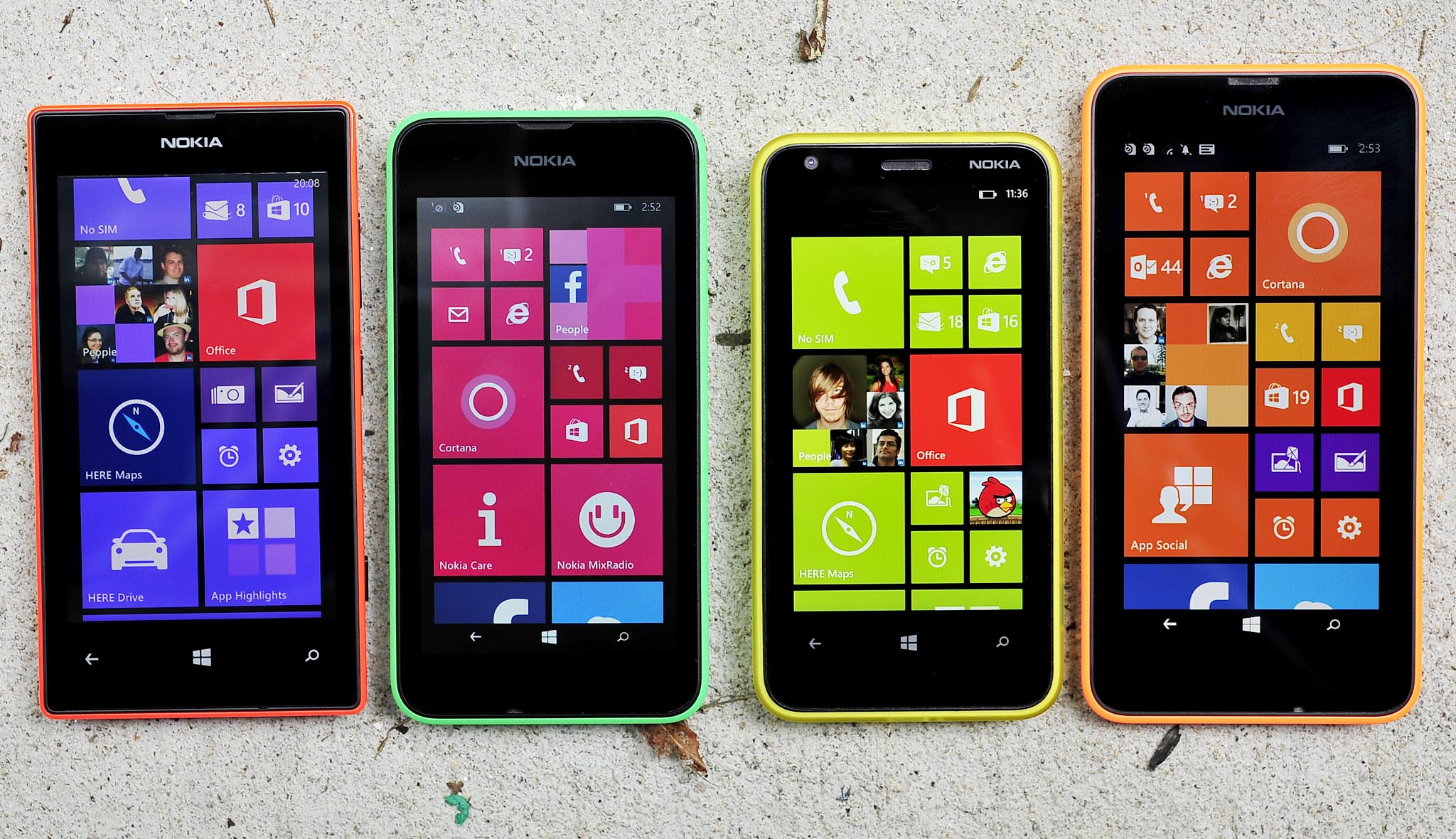
There are a lot of budget Lumias
Nokia sold many low to mid-range Lumia phones. In fact, sales in emerging markets for Windows Phone are excelling for 2014 and 2015. Microsoft knows this and their recent releases of the Lumia 640 and Lumia 640 XL demonstrates they can still capitalize on this market while delivering excellent products.
Considering that over 60 percent of Lumia phones on the market costs below $200, Microsoft focusing on this area still means many Lumias will be created to meet that demand and keep the momentum going.
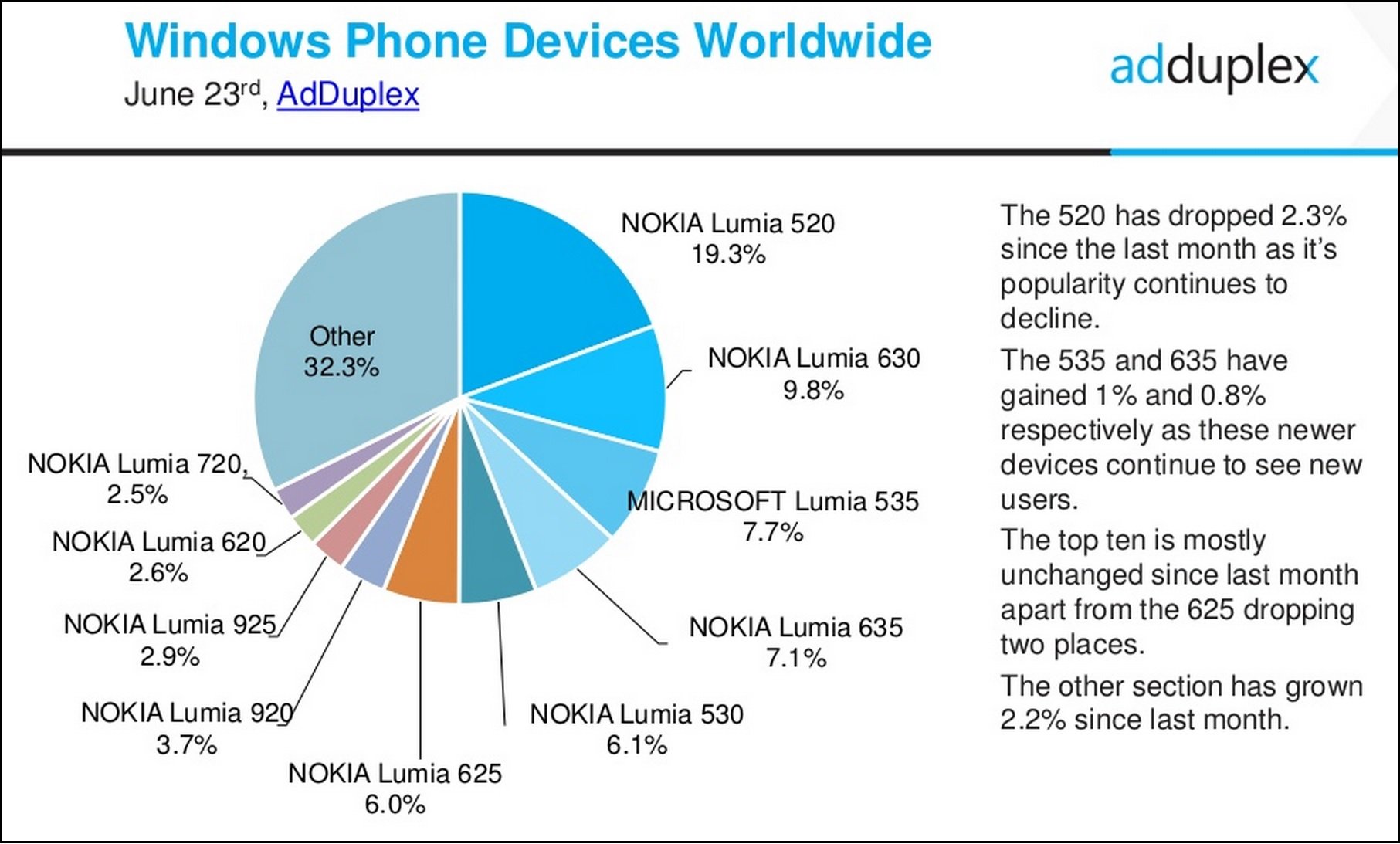
This decision is not a retreat, folks. Had Microsoft given up on this market, not only would it be suicide it would decimate the Windows Phone and Lumia line. Instead, we will get more excellent hardware like the Lumia 640 and Lumia 640 XL. I am quite happy with that strategy too.
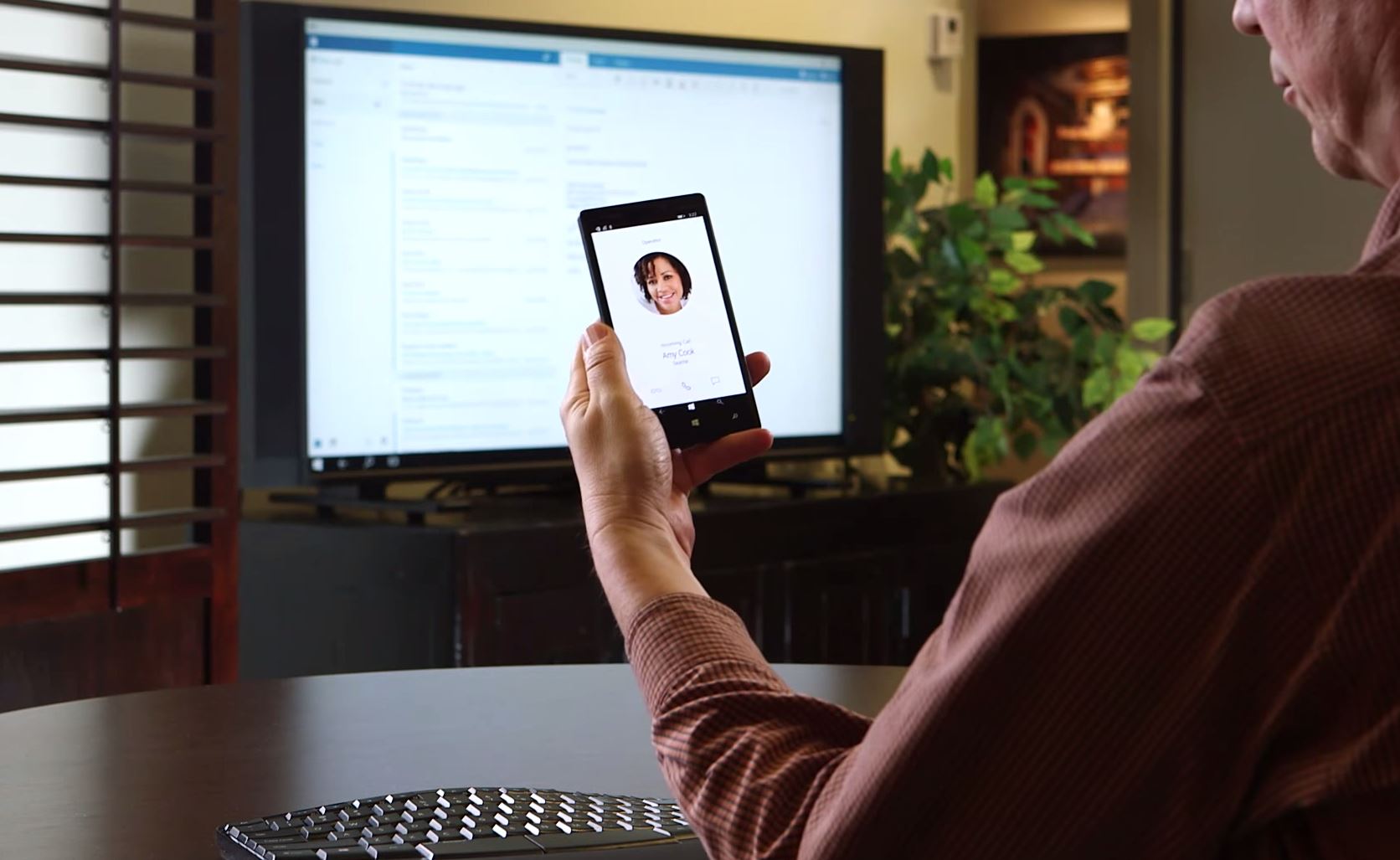
Flagships are coming
At this point in the rumor game, it should be clear that Microsoft will have two major phones coming out later this year. Codenamed Talkman and Cityman, the phones are expected to be the next Lumia 940 and Lumia 940 XL respectively.
Lightweight, matte colors, high-end 20 MP cameras, and excelent build quality. Oh and they can act as a PC by adding a display, keyboard, and mouse aka Continuum.
Those phones are still coming and today's letter from Nadella just reinforces what his executives have been saying since January: we will release flagship Windows Phones that highlight Windows 10. In fact, last night we saw the leak of some new hardware accessories coming from Microsoft, including one for Continuum to coincide with the fall launch.
This announcement is not a change in strategy. It is keeping the same path announced seven months ago.
Microsoft knows that creating hardware that highlights the main features of Windows 10 is the key to their success. They used the strategy with the Surface line, and they will do it with phones too.
Once again, this is nothing but good news.
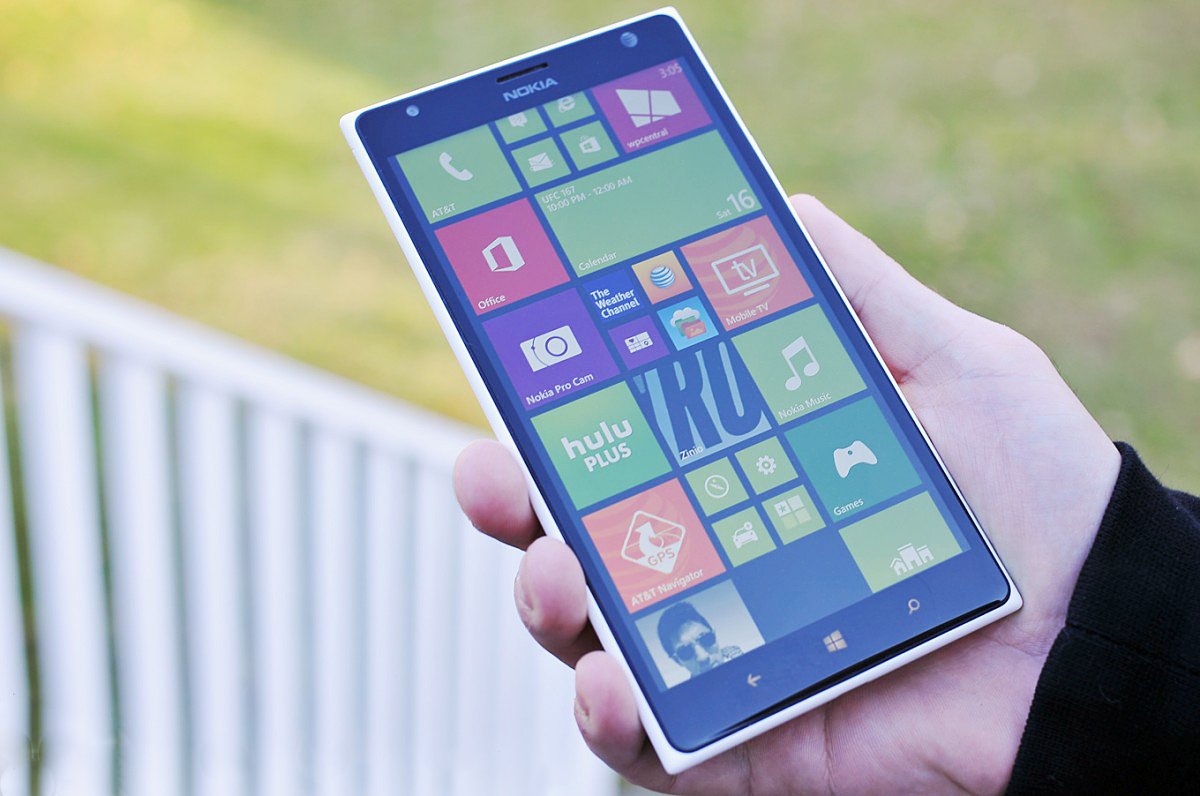
The takeaway
The loss of nearly eight thousand employees is not insignificant. These are real people who now need to find new work in an already tough market and economy. What was once Nokia's mobile hardware division is now just a small core of employees working for Microsoft. Let's not forget that there are real people being affected by today's decision. We wish them nothing but the best.
Microsoft's strategy for Windows Phone is becoming clearer and more precise. This specificity is a magnificent thing for investors and analysts who now know what Microsoft's plans are for mobile.
No, it is not dumping Windows Phone. No, it is not switching to Android.
Instead, Microsoft has chosen three key areas where they think they can compete and offer excellent products: enterprise, budget devices , and flagship phones. That is a significant chunk of the Windows Phone market and, to be honest, brilliant choices that leverage Microsoft's strengths.
The rest of 2015 will be exciting for Microsoft and Windows 10, but Microsoft's realignment is exactly what the Lumia line needs. Consumers can expect first-class business phones, quality budget Lumias, and high-end flagships that will satisfy Windows fans.
I don't know about you, but I like the sound of all of that.

Daniel Rubino is the Editor-in-chief of Windows Central. He is also the head reviewer, podcast co-host, and analyst. He has been covering Microsoft since 2007 when this site was called WMExperts (and later Windows Phone Central). His interests include Windows, laptops, next-gen computing, and wearable tech. He has reviewed laptops for over 10 years and is particularly fond of 2-in-1 convertibles, Arm64 processors, new form factors, and thin-and-light PCs. Before all this tech stuff, he worked on a Ph.D. in linguistics, performed polysomnographs in NYC, and was a motion-picture operator for 17 years.
